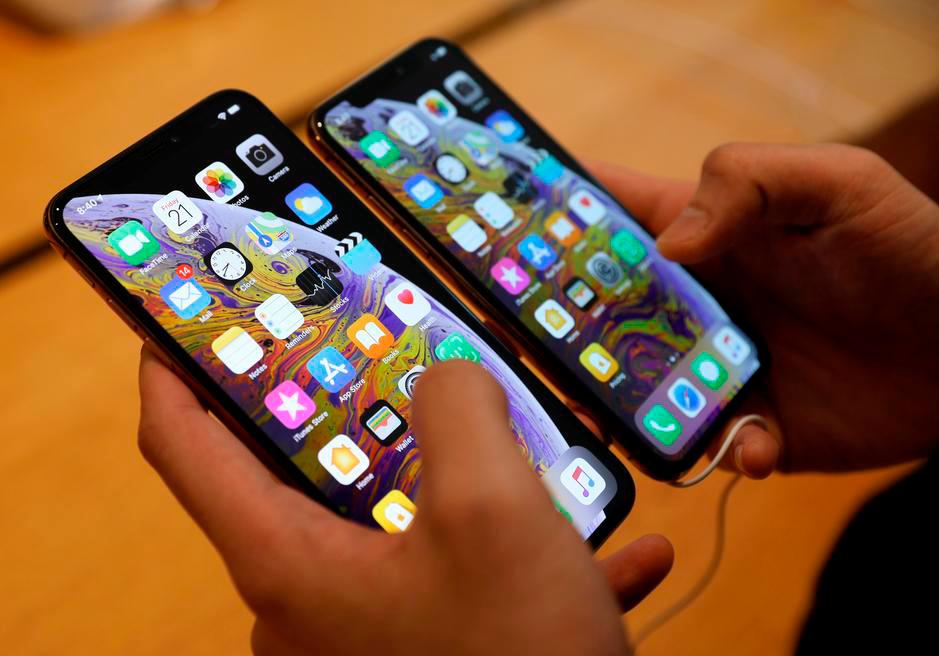PETALING JAYA: Malaysia’s priority in expanding existing 4G and fibre networks over 5G rollouts is positive for operators, given that there is still scope to further monetise existing 4G networks, and migrate 2G and 3G subscribers to 4G, but the downside is that Malaysia will be a late adopter of 5G services in the region, trailing peers Thailand and Singapore.
The new digital infrastructure plan named Jendela will focus on widening the availability of 4G and fibre networks through a phased approach through to 2022 while delaying to 2022 the launch of 5G networks, which was previously scheduled for 2020.
“We have revised our mobile forecasts given the new targets. We still expect 2G networks to remain live until 2025, given that the legacy networks are still needed to support mobile users in rural regions, as well as for lower-value telemetry services.
“As 4G networks become available and sufficiently robust in the remote regions, where the government is focusing on, these older networks will likely be shut off, and the spectrum redeployed for 4G and 5G,“ Fitch Solutions said in a report.
It said the delay in 5G rollout was expected, with launches anticipated in either 2021 or 2022 as those would be more commercially viable. There remains strong potential for operators to monetise their 4G networks by upgrading existing 2G and 3G sites to LTE, as well as existing LTE sites to LTE-Advanced; these new base transceiver stations can offer higher speeds with much lower capital investments when compared to 5G.
“At the same time, deferring 5G spectrum allocations to a later date will also allow operators to - in the short term - conserve capital, which will be better used to increase the capacity of their networks,” it said.
Fitch said the sunsetting of 3G services – which are currently provided by mobile operators Maxis, Celcom and Digi in the 2,100MHz band – will be positive in paving the way for more robust 4G services, given that the spectrum will be repurposed to increase the capacity of LTE offerings.
It added that the government will potentially accelerate the transition toward 4G services by banning the sale of 3G-only handsets, mirroring a similar move adopted by Singapore when it stopped imports of 2G handsets ahead of its 2G network shutoff in 2017.
The decommissioning of the legacy technology will also support operators in focusing their resources toward higher-value 4G and 5G mobile broadband services.
It noted the government’s sustained focus on fixed-wireless services to bridge the divide in rural regions is also positive as the low returns on deploying fibre into rural areas with low population density – namely the East Coast of Peninsular Malaysia, and regional parts of Sabah and Sarawak – are unlikely justify the investment costs.
“LTE networks will be prevalent here, with investments into 5G to be focused into urban and more populous parts of the country.
“Overall, we believe that Malaysia is well-positioned to harness the power of these new generation technologies, particularly as the new government seeks to reinvigorate the economy around digital infrastructure and IT; improved connectivity will enable new smart city infrastructure and digital-first business concepts,“ concluded Fitch.















